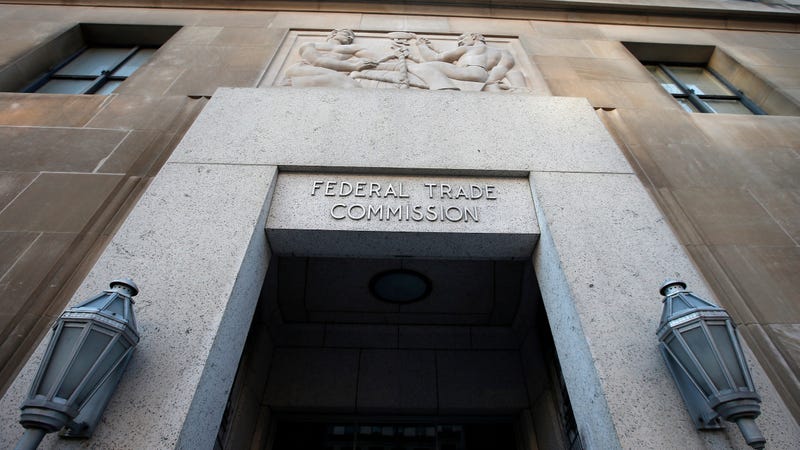
The Federal Trade Commission is launching a new task force focused on the tech industry, the Wall Street Journal reported on Tuesday, with a broad anti-trust mission that will “include re-examining mergers that already have been approved by the government.”
FTC Chairman Joe Simons wrote in a statement, “The role of technology in the economy and in our lives grows more important every day. It makes sense for us to closely examine technology markets to ensure consumers benefit from free and fair competition.”
The agency wrote that the task force will be staffed with career officials and is modeled on the 2002 Merger Litigation Task Force, which had roles in reviewing both hospital mergers and enforcement in retail business. FTC officials did not discuss specific companies that might be examined by the new force, the Journal wrote:
The new task force will be drawn from existing staff, and include 17 FTC attorneys. While FTC officials said they couldn’t discuss specific cases they would be examining, they said they would consider breaking up deals that are creating harms.
“In general with consummated mergers we have the full panoply of remedies,” said Bruce Hoffman, the director of the FTC’s competition bureau. That could include breaking up merged firms or requiring a spinoff of specific units, he added, assuming the FTC can meet its legal burden of showing harm.
However, obvious potential targets are tech titans like Facebook, Google, and Amazon. The former has bought up numerous competitors such as WhatsApp and Instagram, and the FTC is reportedly mulling slapping it with a massive fine for potential violations of a 2011 deal with the agency on user privacy. Google has rapidly bought up swathes of the digital ad business and owns YouTube, and along with Facebook is estimated to control well over half of the U.S. digital ad business. Amazon has regularly faced accusations of anti-competitive behavior. All three companies, as well as other major tech firms, have faced calls to break them up or at least soften their edges.
“The FTC, if it is to remain relevant, needs some way of assessing the evident competition problems in the tech sector and taking action when necessary,” Columbia University law professor Tim Wu told the Journal. “The FTC needs to get past its laser-focus on consumer prices, and figure out what competitive harm means in today’s tech markets.”
Donald Trump’s administration threatened to investigate Facebook, Twitter, and Google last year, accusing them of silencing and discriminating against conservative voices online.
While claims of bias and censorship by big tech companies are by no means exclusive to any one side of the political spectrum, the narrative coming from Trump and the broader GOP has included repeated and baseless accusations tech companies are controlled by liberals and serve as de facto arms of the Democratic Party. (Trump, for one, has promoted this idea with wild-eyed claims of “SHADOW BANNING” on Twitter, doctored videos purporting to show Google blacklisting his speeches, and diatribes against Facebook.) Last year, Attorney General Jeff Sessions convened a meeting of federal and state law enforcement officials, reportedly trying to focus their energy on investigating those claims of left-wing bias instead other concerns like handling of user data.
Those efforts, so far, have amounted to little more than empty threats, and there’s no indication at this moment that the FTC’s new commission has anything to do with them. (In fact, the FTC has been examining these issues separately for some time.) Per Wired, there is actually some concern from tech critics that agency won’t even rouse itself to do much of anything on the more legitimate antitrust concerns.
Matt Stoller, a fellow at the anti-monopoly Open Markets Institute, told Wired that the FTC has taken no real antitrust action to date on big tech and he was “scornful of the new seating arrangements, because the FTC has consistently proven they do not want to wield power.”
“They want to hold hearings. They want to get their friend economists and antitrust lawyers to fly into DC and talk to each other,” Stoller added. “They don’t want to do their No. 1 job, which is to police markets for unfair and anticompetitive behavior.”









